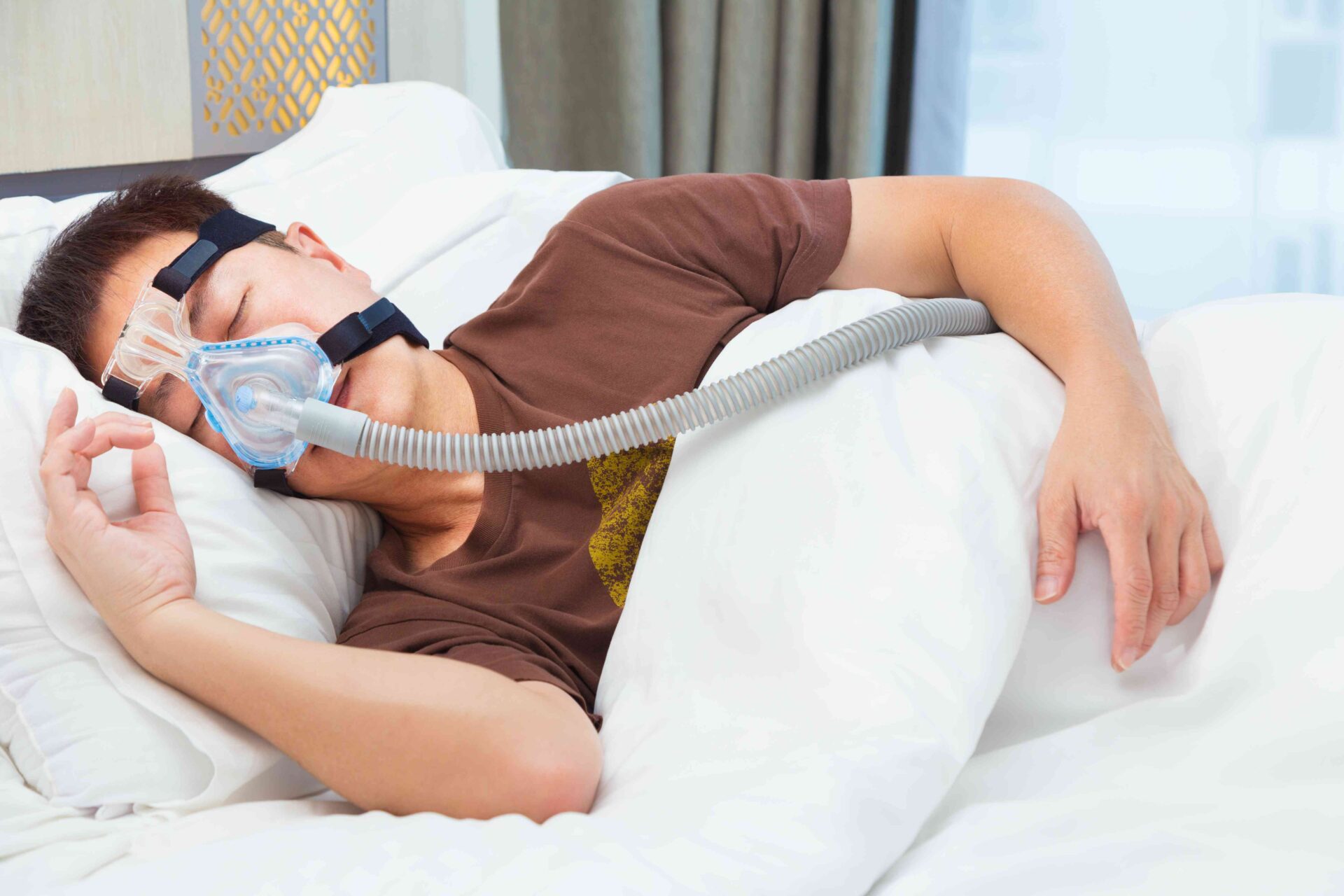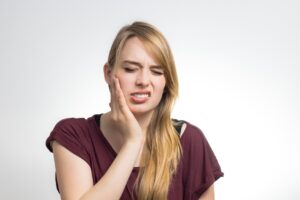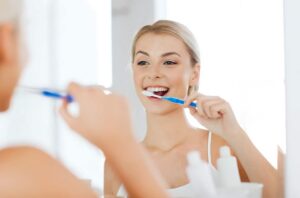Are you tired of feeling tired? If you're one of the millions of people struggling with sleep apnea, you might be looking for an alternative to the often cumbersome CPAP machine. Enter sleep apnea oral appliance therapy, a non-invasive and comfortable solution that's helping many people breathe easier and sleep better.
In this comprehensive guide, we'll explore how this innovative treatment works and why it might be the answer you've been dreaming of.
Sleep Apnea: Symptoms and Causes
Before we dive into the details of oral appliance therapy, let's briefly review what sleep apnea is and why it's so important to treat.
Sleep apnea is a common sleep disorder characterized by repeated interruptions in breathing during sleep. These pauses, or apneas, can last from a few seconds to minutes and may occur 30 times or more per hour. The most common type is obstructive sleep apnea (OSA), where the airway becomes blocked or collapses during sleep.
Some common symptoms of sleep apnea include:
- Loud snoring
- Gasping or choking during sleep
- Excessive daytime sleepiness
- Morning headaches
- Difficulty concentrating
- Mood changes
Left untreated, sleep apnea can lead to serious health problems, including high blood pressure, heart disease, stroke, and diabetes. That's why finding an effective treatment is crucial.
What is Oral Appliance Therapy?
Sleep apnea oral appliance therapy involves wearing a custom-fitted dental device while you sleep. This appliance is designed to keep your airway open by repositioning your jaw or tongue.
By doing so, it helps prevent the collapse of soft tissues in the back of your throat, which is the primary cause of obstructive sleep apnea.
Think of it as a small, comfortable mouthguard that you wear at night. It's discreet, portable, and doesn't require electricity, making it an attractive option for many sleep apnea sufferers.
Benefits of Sleep Apnea Oral Appliance Therapy
There are numerous advantages to choosing oral appliance therapy for sleep apnea treatment:
- Comfort: Many patients find oral appliances more comfortable than CPAP masks.
- Portability: Oral appliances are small and easy to travel with.
- Quiet: Unlike CPAP machines, oral appliances don't make any noise.
- Easy to use: No need for electricity or complex setup.
- Discreet: The appliance is not visible when you're sleeping.
- Improved compliance: Due to its ease of use, patients are more likely to stick with the treatment.
Types of Oral Appliances
There are several types of oral appliances used in sleep apnea treatment. The two main categories are:
- Mandibular Advancement Devices (MADs): These devices work by moving the lower jaw forward, which helps keep the airway open. They're the most common type of oral appliance for sleep apnea.
- Tongue Retaining Devices: These appliances hold the tongue in a forward position to prevent it from blocking the airway.
Within these categories, there are various designs and materials used. Your sleep specialist and dentist will work together to determine the best type for your specific needs.
The Process of Getting an Oral Appliance
If you're considering sleep apnea oral appliance therapy, here's what you can expect:
- Diagnosis: First, you'll need a proper diagnosis of sleep apnea, typically through a sleep study.
- Consultation: You'll meet with a sleep specialist and a dentist trained in sleep medicine to discuss if oral appliance therapy is right for you.
- Dental examination: Your dentist will examine your teeth, jaw, and airway to ensure you're a good candidate for the therapy.
- Fitting: If oral appliance therapy is recommended, your dentist will take impressions of your teeth to create a custom-fitted device.
- Adjustment: Once your appliance is ready, you'll have a fitting appointment where your dentist will make any necessary adjustments for comfort and effectiveness.
- Follow-up: Regular check-ups will be scheduled to monitor your progress and make any needed adjustments.
Effectiveness of Oral Appliance Therapy
Research has shown that sleep apnea oral appliance therapy can be highly effective for many patients, particularly those with mild to moderate sleep apnea. A study published in the Journal of Clinical Sleep Medicine found that oral appliances successfully treated sleep apnea in about 52% of patients.
However, effectiveness can vary from person to person. Factors that can influence success include:
- The severity of your sleep apnea
- Your body mass index (BMI)
- The shape of your airway
- Your commitment to using the device consistently
Oral Appliance Therapy vs. CPAP
While Continuous Positive Airway Pressure (CPAP) is often considered the gold standard for sleep apnea treatment, oral appliance therapy offers a viable alternative for many patients. Here's a quick comparison:
| Aspect | Oral Appliance Therapy | CPAP |
|---|---|---|
| Comfort | Generally more comfortable | Can be uncomfortable for some |
| Noise | Silent | Makes some noise |
| Portability | Highly portable | Less portable |
| Effectiveness | Effective for mild to moderate cases | Effective for all severities |
| Compliance | Often higher due to comfort | Can be lower due to discomfort |
Caring for Your Oral Appliance
To ensure the longevity and effectiveness of your oral appliance, proper care is essential:
- Clean your appliance daily with a soft toothbrush and mild soap.
- Rinse thoroughly with cool water.
- Store the appliance in its case when not in use.
- Avoid hot water, which can warp the appliance.
- Bring your appliance to all dental appointments for professional cleaning and inspection.
Potential Side Effects and How to Manage Them
While sleep apnea oral appliance therapy is generally well-tolerated, some users may experience side effects, especially in the beginning. These can include:
- Excessive salivation
- Dry mouth
- Jaw discomfort
- Temporary bite changes
Most of these side effects are mild and tend to resolve as you get used to the appliance. If you experience persistent discomfort, speak with your dentist. They can make adjustments to improve comfort and effectiveness.
Also Read: Best Supplements for Teeth Health
Who is a Good Candidate for Oral Appliance Therapy?
Oral appliance therapy may be a good option for you if:
- You have mild to moderate sleep apnea
- You can't tolerate CPAP therapy
- Do you prefer a non-invasive treatment option
- You travel frequently and need a portable solution
However, it's important to note that oral appliances may not be suitable for everyone. Factors that might make you less suitable include:
- Severe sleep apnea
- Certain dental conditions
- Temporomandibular joint (TMJ) disorders
Always consult with a sleep specialist and a qualified dentist to determine if oral appliance therapy is the right choice for you.
Also Read:
Conclusion
Sleep apnea oral appliance therapy offers a promising solution for many people struggling with sleep apnea. Its non-invasive nature, comfort, and portability make it an attractive alternative to CPAP therapy for suitable candidates. By improving your sleep quality, this therapy can significantly enhance your overall health and quality of life.
If you think you might have sleep apnea or are interested in exploring oral appliance therapy, don't wait. Speak with your healthcare provider or a sleep specialist to learn more about your options. Remember, getting a good night's sleep is not a luxury. it's essential for your health and well-being.
Have you tried sleep apnea oral appliance therapy? We'd love to hear about your experience in the comments below. If you found this article helpful, please share it with others who might benefit from this information. Sweet dreams!







